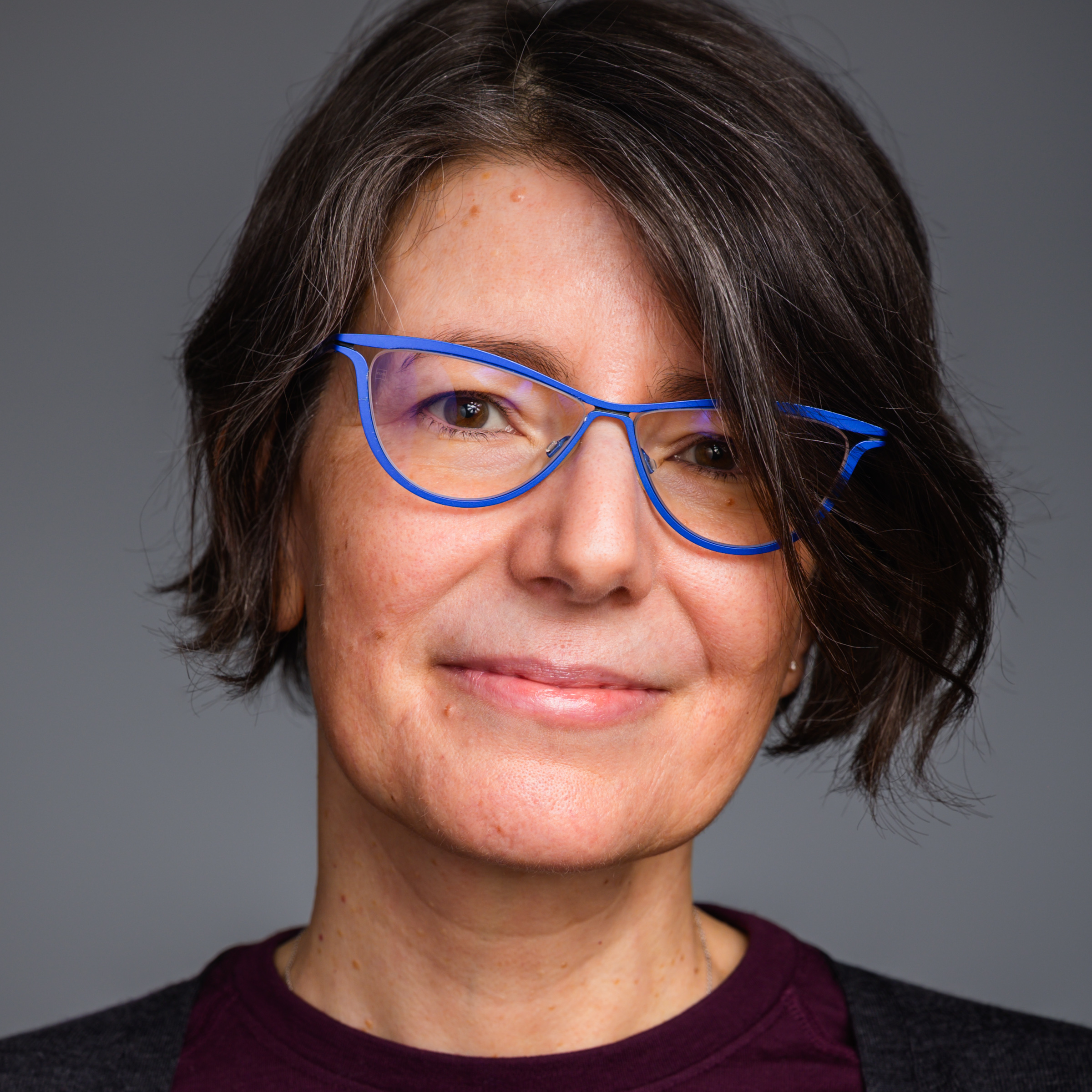Elizabeth Papazian

School of Languages, Literatures, and Cultures
Associate Professor, Russian Program Head, Advisor, Russian
Associate Professor, Cinema and Media Studies
4123 Jiménez Hall
Get Directions
Research Expertise
Film studies
Russian Studies
Elizabeth A. Papazian is Associate Professor of Russian and Film Studies and a core faculty member of the Comparative Literature Program. She has been teaching at the University of Maryland since 2000, and received her Ph.D. in Slavic Languages and Literatures from Yale University, also in 2000. Her research interests include literary and cinematic modernism, documentary modes in literature and film, and the intersection between art and politics, focusing on early Soviet and post-Stalin Soviet culture. She has published articles on Soviet cinema, including “Offscreen Dreams and Collective Synthesis in Dovzhenko’s Earth,” in The Russian Review (2003), “Literacy or Legibility: The Trace of Subjectivity in Soviet Socialist Realism,” in The Oxford Handbook of Propaganda Studies, ed. Jonathan Auerbach and Russ Castronovo (2013), and “The Senselessness of the Heroic Act and the Experience of War in The Ascent” in ReFocus: The Films of Larisa Shepitko, ed. Lida Oukaderova (2024). Her first book, Manufacturing Truth: The Documentary Moment in Early Soviet Culture, was published by the Northern Illinois University Press (2009). She is co-editor, with Caroline Eades, of The Essay Film: Dialogue, Politics, Utopia (Columbia University Press - Wallflower Press, November 2016). She is currently working on a book project on realism in Soviet cinema. She teaches courses in Cinema and Media Studies and in Russian literature, cinema, and culture, in both English and Russian.
Publications
The Senselessness of the Heroic Act and the Experience of War in The Ascent
This chapter examines Larisa Shepitko’s harrowing war film, The Ascent (Voskhozhdenie, 1976), in an attempt to address the following question: What are the consequences, on the level of meaning, of the film’s exploration of material experience?
Author/Lead: Elizabeth PapazianIn terms of plot, The Ascent is unusual in how it humanizes collaboration with the enemy, an act usually befitting only villainous characters in Soviet cinema. The film as a whole, and the first half in particular, emphasizes what Lucía Nagib calls the “realist mode of production”—in particular, through on-location shooting in which the actors endured conditions similar to those experienced by their onscreen characters. The “documentary” approach to the production of a historical film serves to recuperate a sense of contingency, in opposition to the teleological developmental narrative of Soviet History, a gesture that fits into the post-war, post-Stalin-era Soviet “counter-cinema” attempt to break with the entrenched norms of socialist realism. The chapter argues that in rejecting the psychological development of the two main characters and in focusing, particularly in the first half of the film, on the materiality of experience under the extreme conditions of the war, the film exceeds the boundaries of its ostensible central ideological conflict and its engagement with the Soviet mythology of the Second World War. Rather, the film poses broader, universal questions of moral life under extreme circumstances, and provides the audience with the conditions for engaging those questions through their own experiences—and their experience of the film.
Ethnography, Incongruity, History: Soviet Poetic Cinema
This essay examines the entangling of the poetic and the ethnographic in the art cinema of the 1960s as an indicator of a broader collision of epistemological/discursive regimes in postwar Soviet cinema—and ultimately, a clash between two fundamentally op
Author/Lead: Elizabeth PapazianFunding Agency:
Abstract
This essay examines the entangling of the poetic and the ethnographic in the art cinema of the 1960s as an indicator of a broader collision of epistemological/discursive regimes in postwar Soviet cinema—and ultimately, a clash between two fundamentally opposed approaches to the discursive production of history. In the Soviet poetic cinema of the 1960s, the temporal-spatial frameworks of the Stalin era are disrupted, shifting first of all, to what Tarkovsky called a lived experience of time—that is, to the subjective emotions and experiences of individual people; second, to localized histories that may not coincide with the supra-national Soviet developmental narrative; and third, to the positing of an archaic, even pre-historical temporality as a kind of lost ideal. I argue that poetic cinema serves as a site for playing out the contradiction among temporalities and spatialities in post-Stalin culture, and therefore among opposed sense-making projects and representational modes, creating the possibility for subverting the colonial function of Soviet cinema.
Read More about Ethnography, Incongruity, History: Soviet Poetic Cinema

